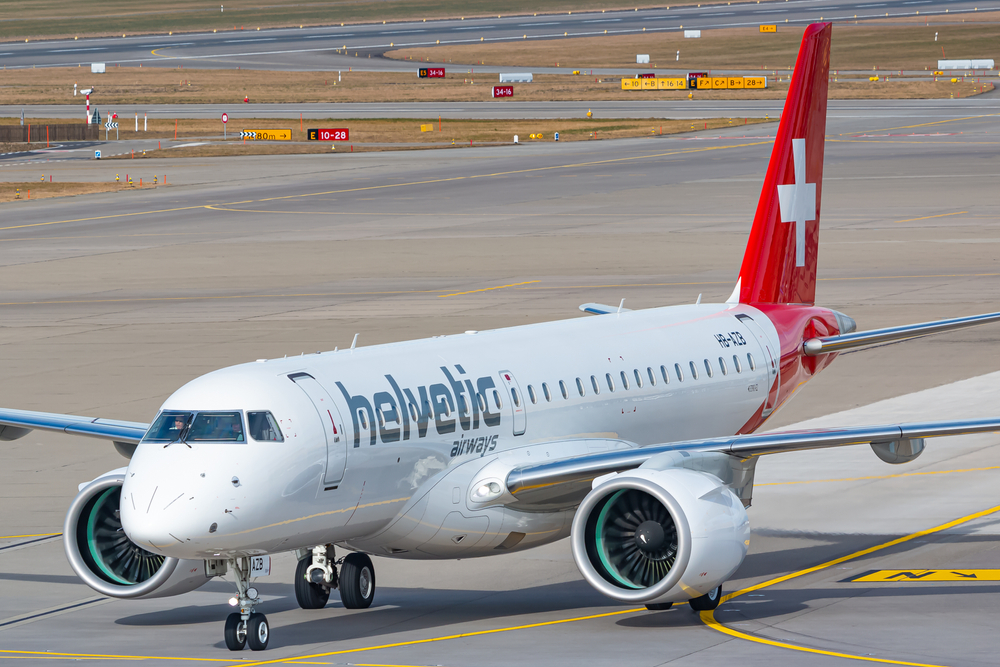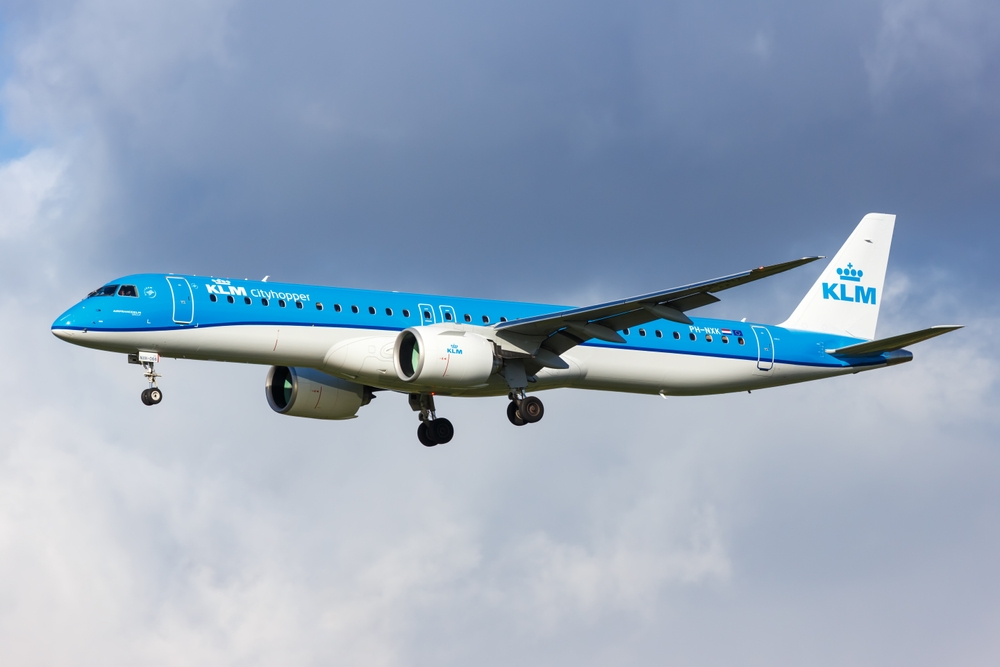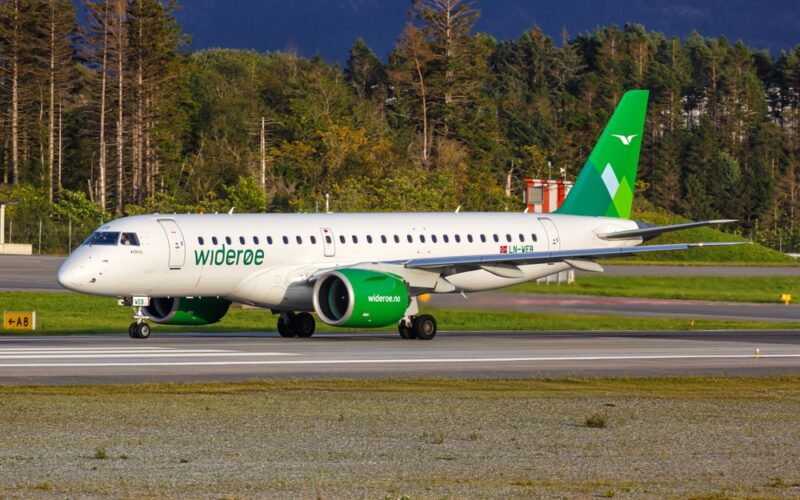Brazilian aircraft manufacturer Embraer has announced that it has received 120-minute extended twin-engine operations (ETOPS) approval for its E190-E2 and E195-E2 regional jets. The triple certification has been awarded by Brazil’s Civil Aviation Authority ANAC (Agência Nacional de Aviação Civil), the FAA (Federal Aviation Administration) in the United States, and EASA (European Union Aviation Safety Agency) in Europe.
This capability will pave the way for E2 operators to fly direct longer routes over water and other remote areas with only needing to be within two hours of flying time from a suitable diversion airfield.
According to the São José dos Campos-based manufacturer, the granting of ETOPS-120 capability “is testimony to the aircraft’s design and the maturity of the systems. ETOPS certification requires the fleet of aircraft in operation to reach cumulative flying hour milestones. ETOPS certification for the E2 comes later than expected due to the global pandemic which significantly reduced aircraft operations, slowing down the accumulation of flying hours required.”
“ETOPS is an important additional capability for the E2, and a key enabler for more sales, especially in Asia Pacific,” said Arjan Meijer, President and CEO of Embraer Commercial Aviation. “Airlines flying routes with up to 120-minute diversion time will be able to use straighter, quicker, and more fuel-efficient routes, and have access to more diversion airports. ETOPS capability is a further optimization of the E2, already the most fuel-efficient aircraft in its segment.”

Embraer had hoped to achieve certification earlier in the E2 program. However, the global pandemic had “significantly reduced” aircraft operations, which had extended the time during which the E2 fleet was able to reach the cumulative total flying hours required for certification.
ETOPS was coined by the International Civil Aviation Organization (ICAO) to denote twin-engine aircraft operations in airspace further than one hour from a diversion airport at the one-engine-inoperative cruise speed, over water or remote lands, or on routes previously restricted to three- and four-engine aircraft.

The company states its E190-E2 and E195-E2 regional jets “offer outstanding performance and efficiencies, great economics, and new cabin experiences.
“The world’s most sustainable single-aisle aircraft is shaping commercial aviation,” the company says. “As operators look to the future by renewing aging fleets and expanding networks, the E2 will be at the heart of this transformation and accelerate opportunity.”
The E190-E2 can seat between 97 and 114 passengers, depending on internal configuration. The variant can operate sectors up to 2,850 miles (5,278km) in length. The larger E195-E2 can accommodate between 120 and 146 passengers and has a maximum range of 2,600 miles (4,815km).
There are already over 100 E2 jets flying worldwide, with Embraer having an outstanding order book for over 200 more of all variants. Some of the larger operators flying E2s include Porter Airlines (26), Azul Brazilian Airlines (18), KLM City Hopper (15), and Binter Canarias (eight).

